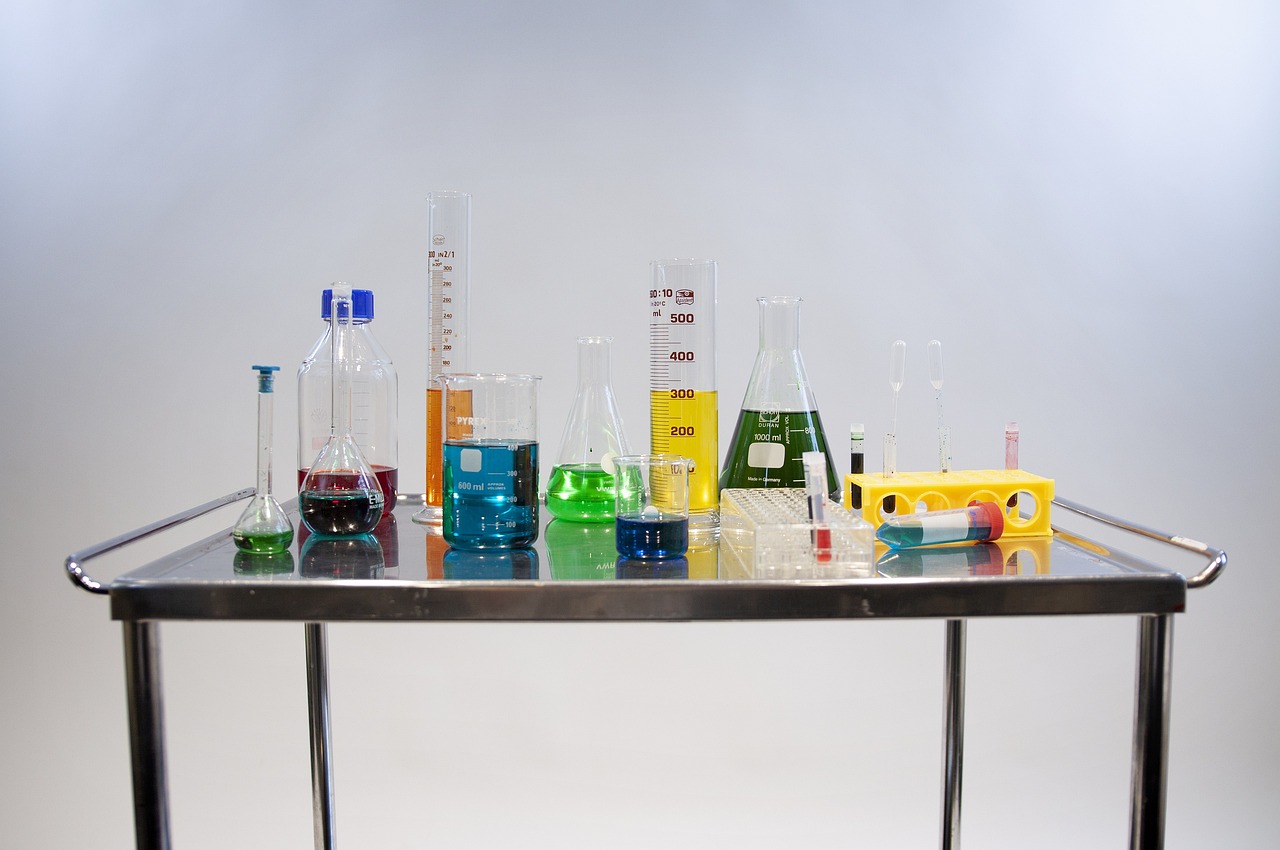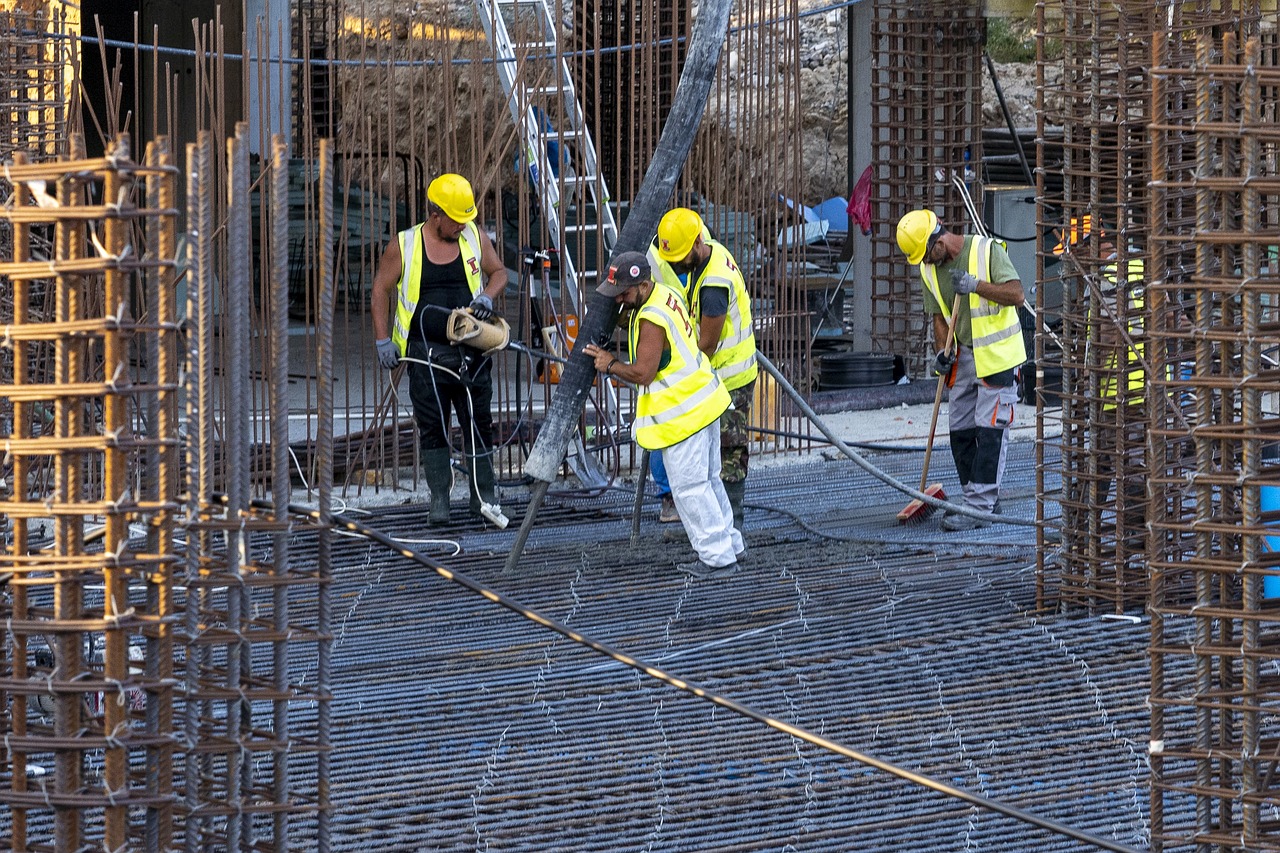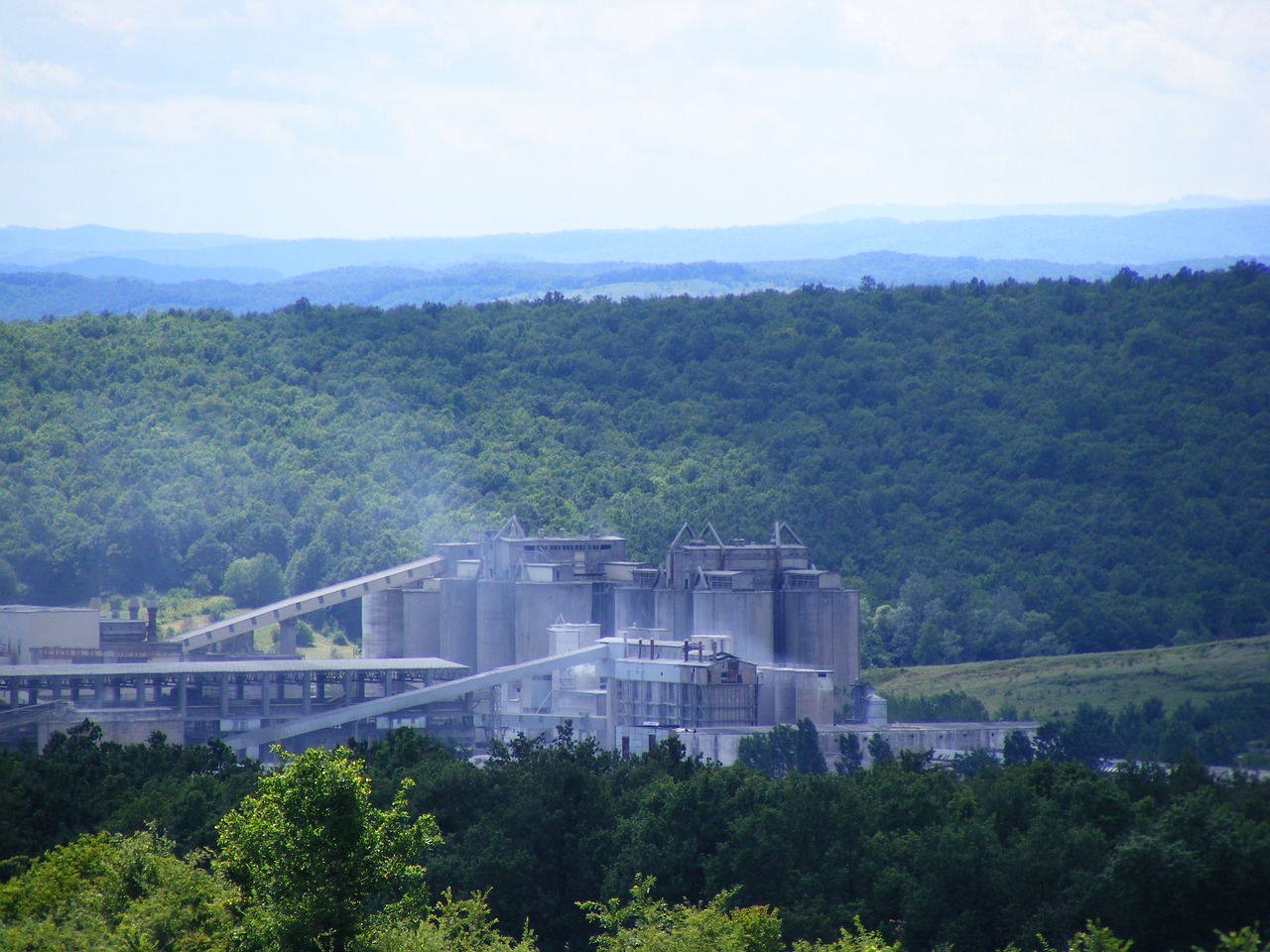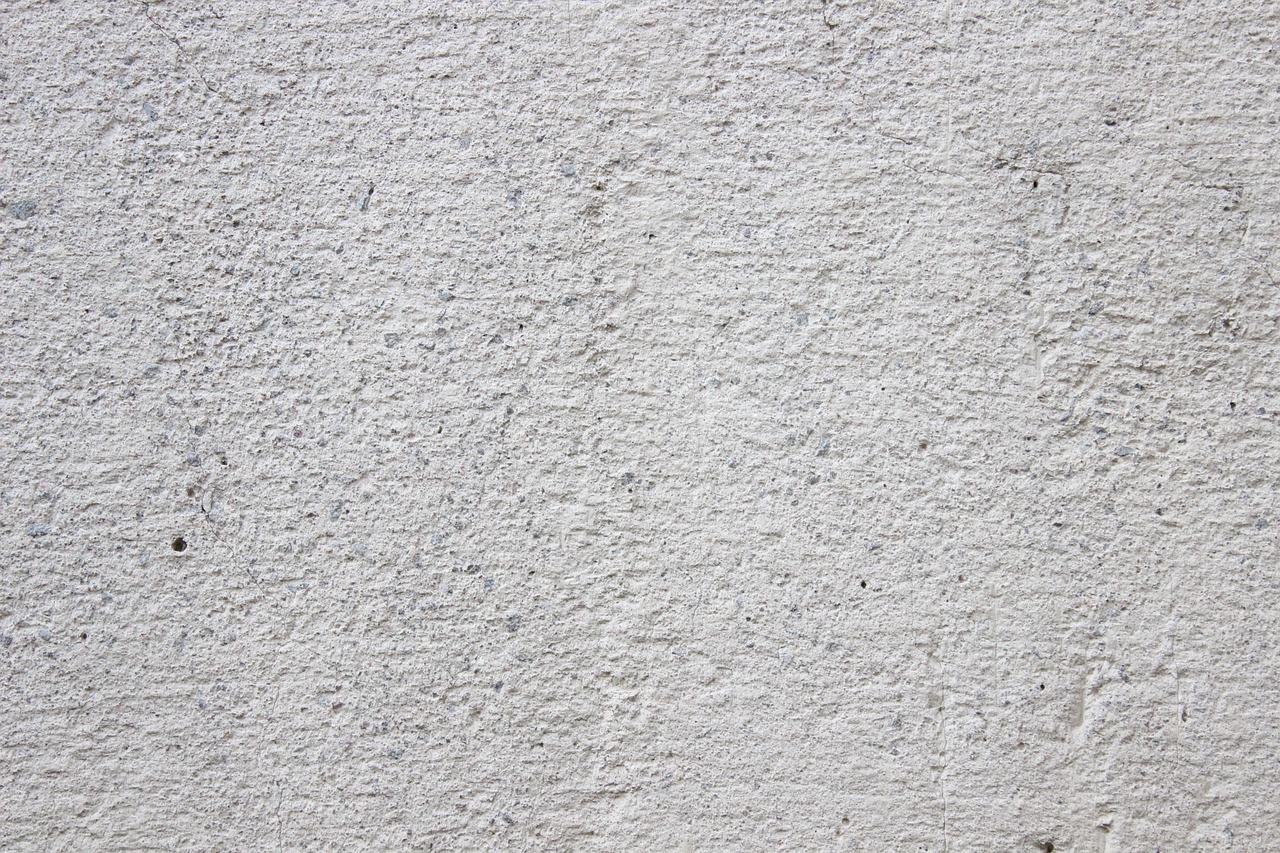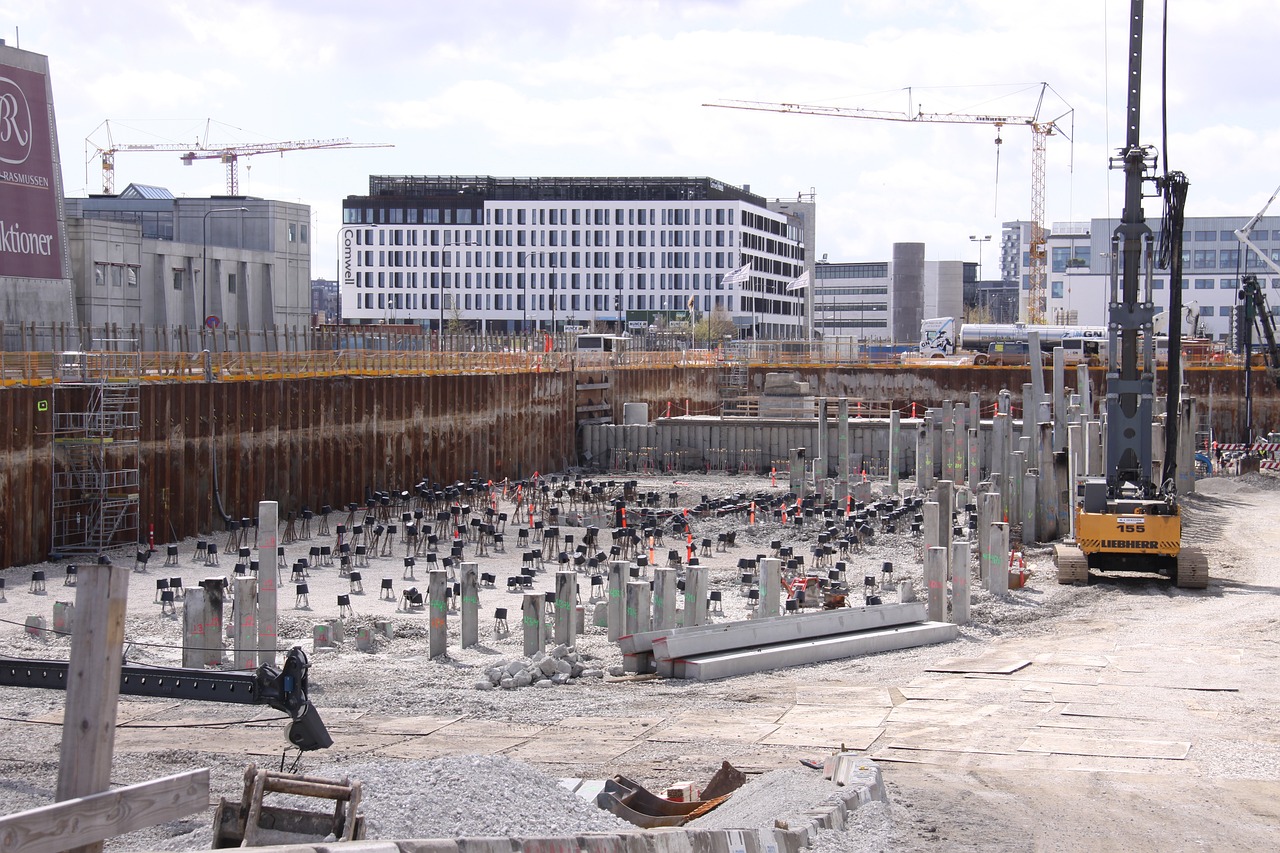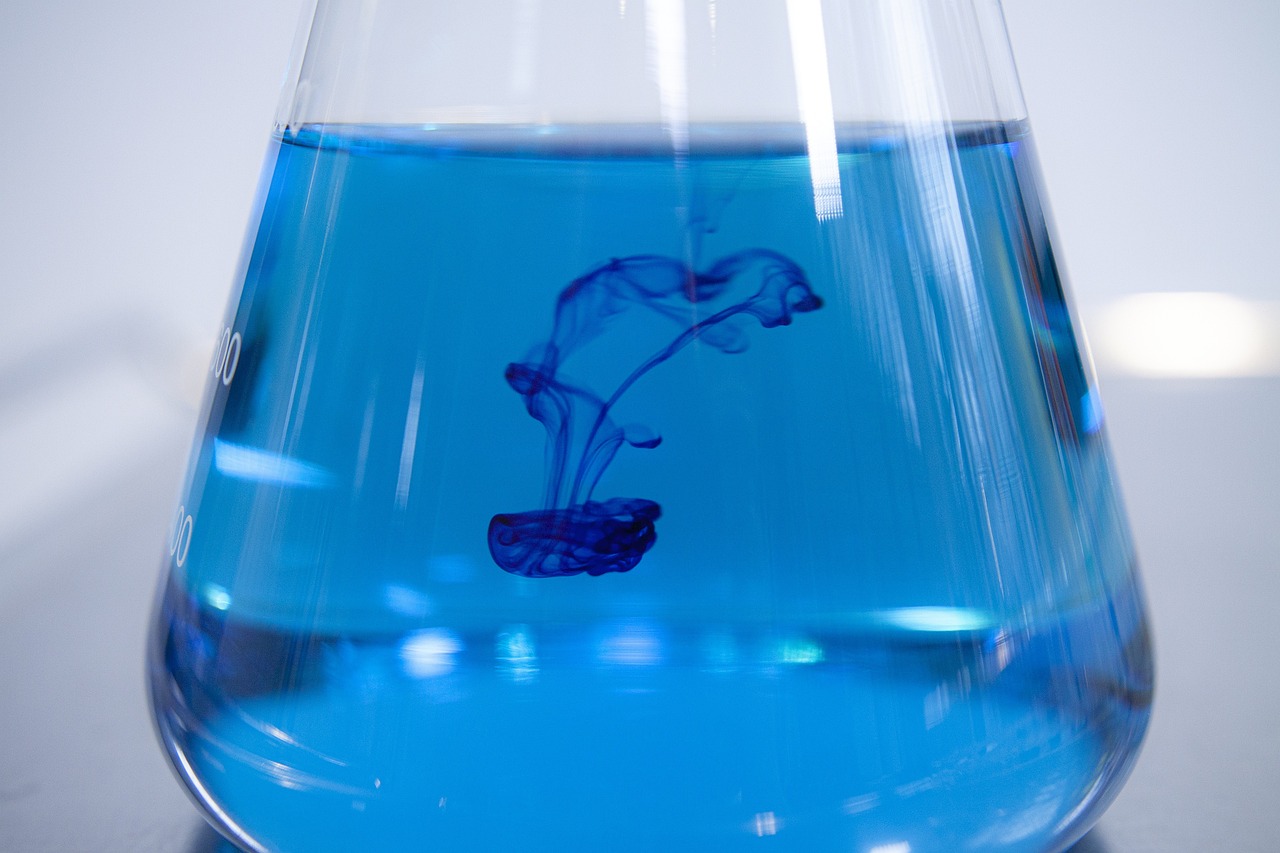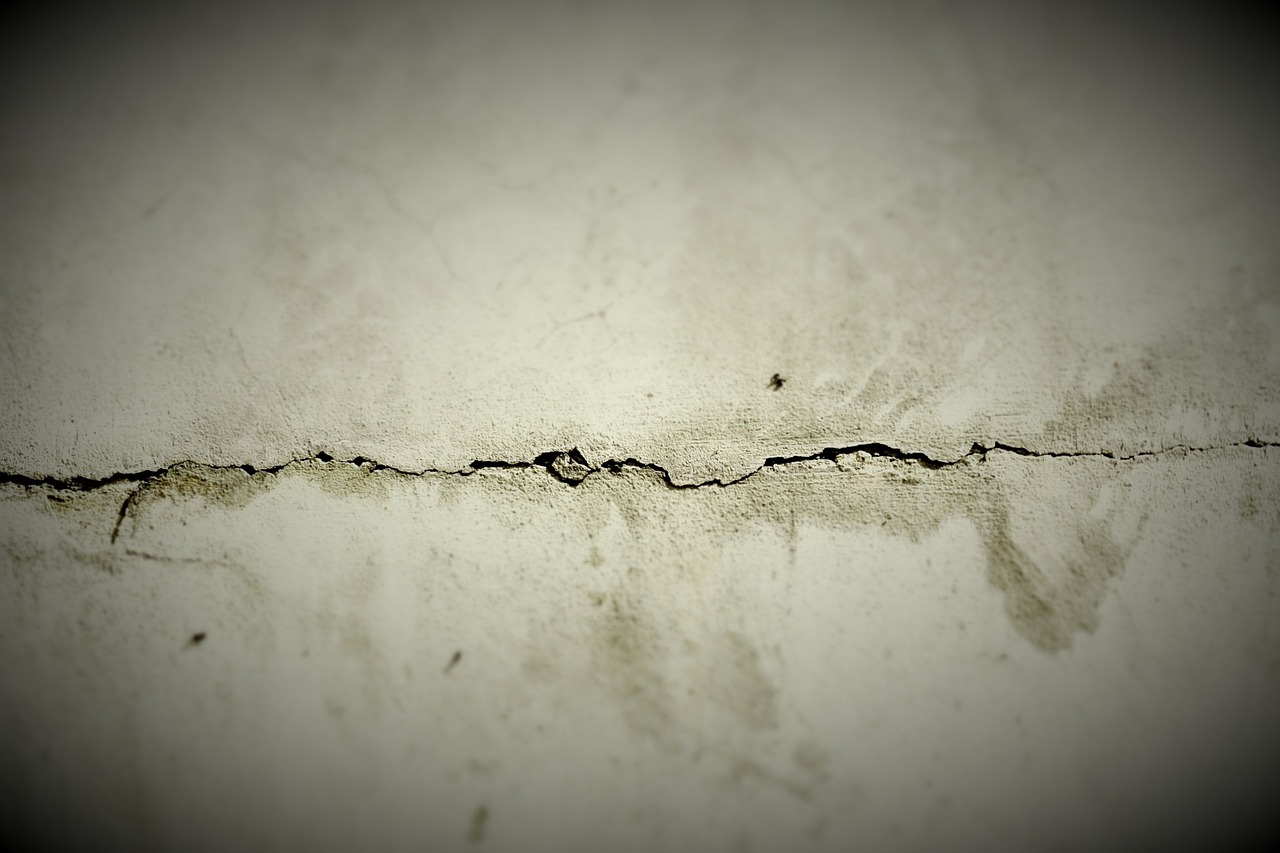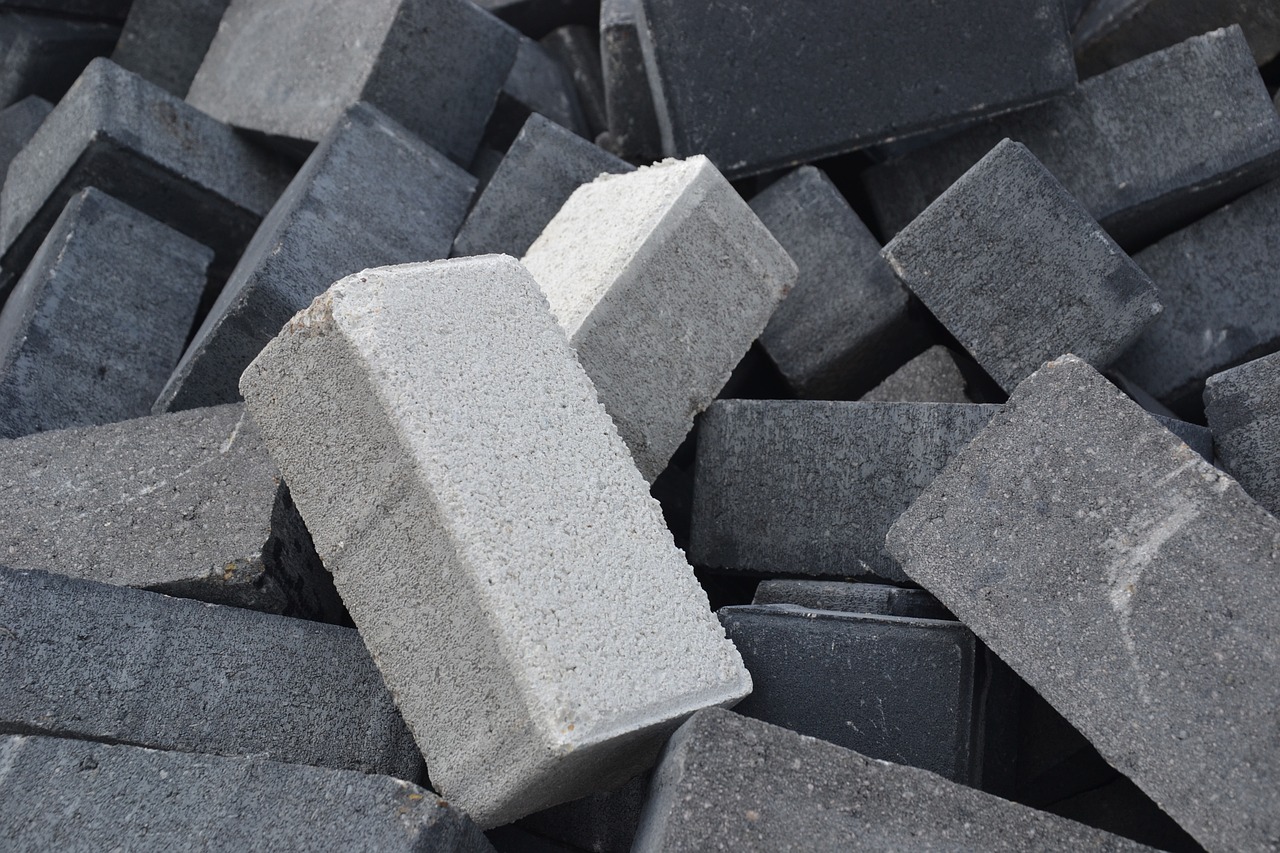Water-Reducing Admixtures: Enhancing Concrete Performance
Water-Reducing Admixtures: Enhancing Concrete Performance Water-reducing admixtures (WRAs) are chemical additives used in concrete to reduce the water content necessary for achieving desired workability. This adjustment improves the strength, durability, and performance of concrete without compromising its fresh state properties. WRAs have become an essential component in modern concrete technology, enabling engineers and contractors to … Read more

